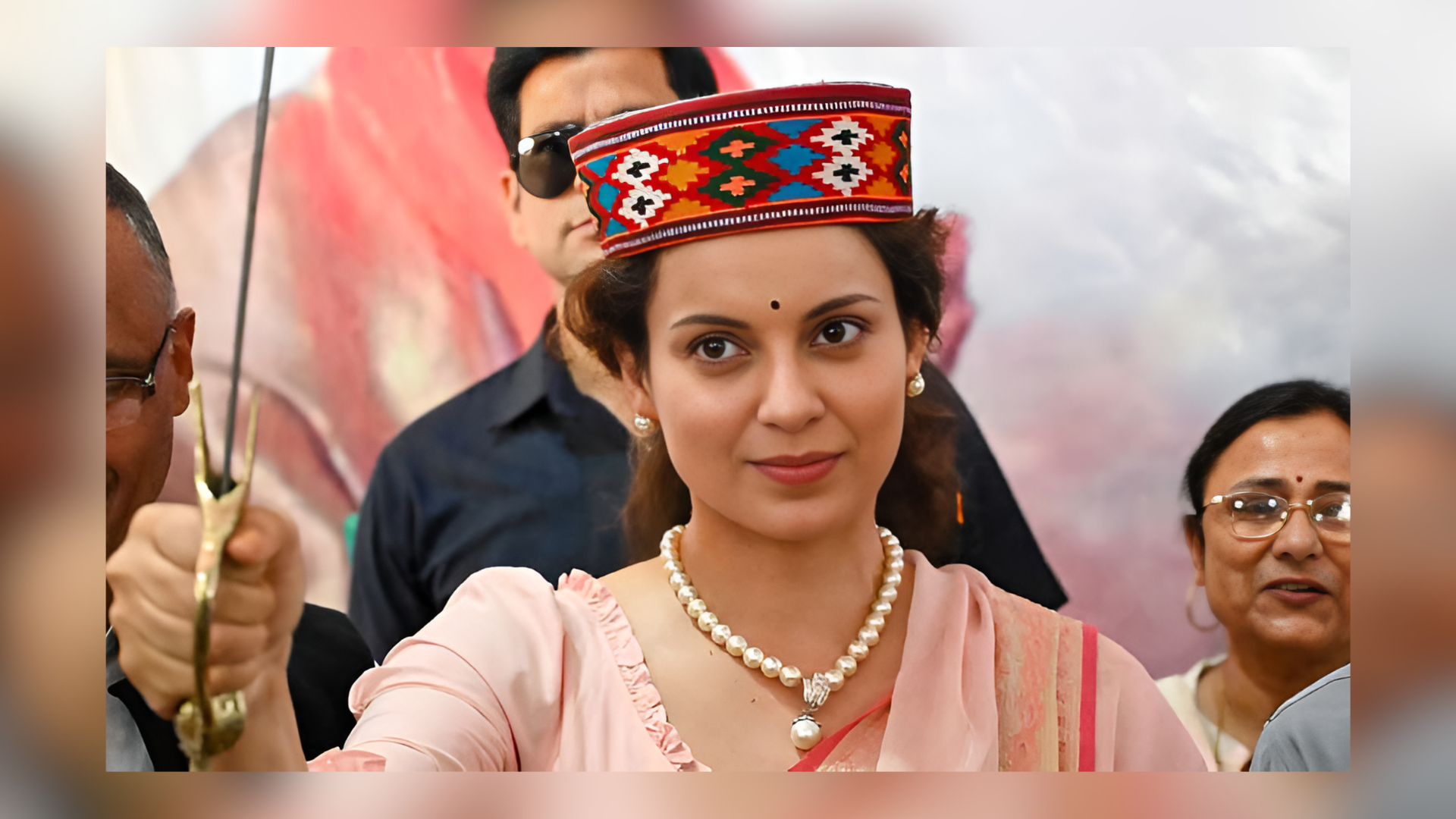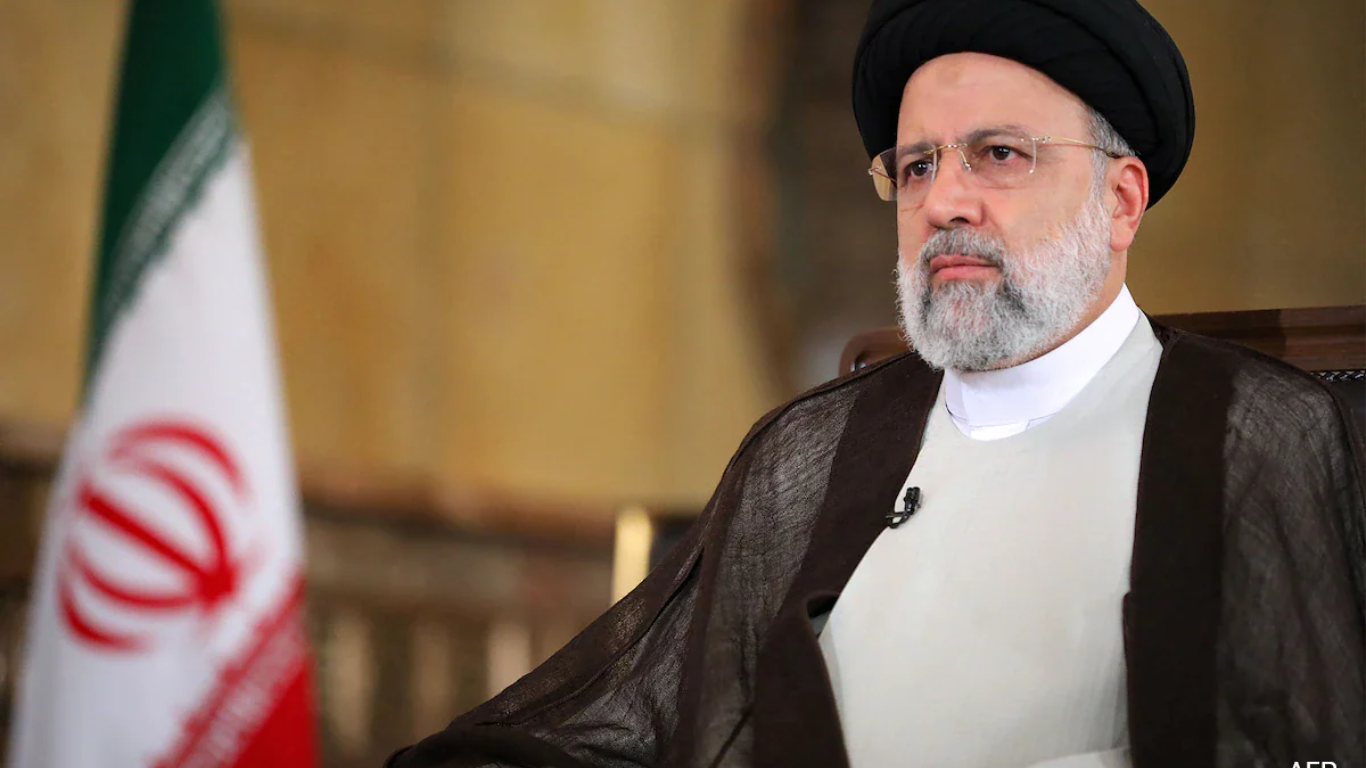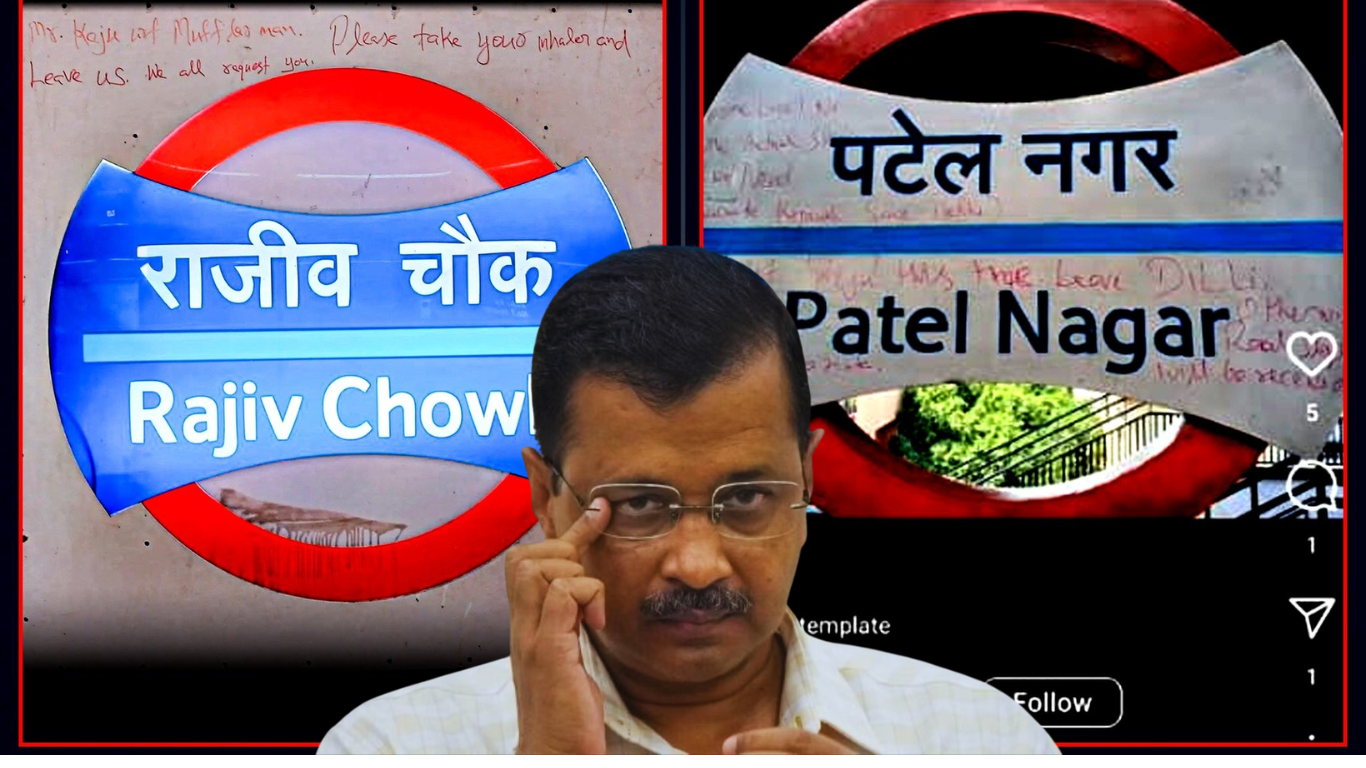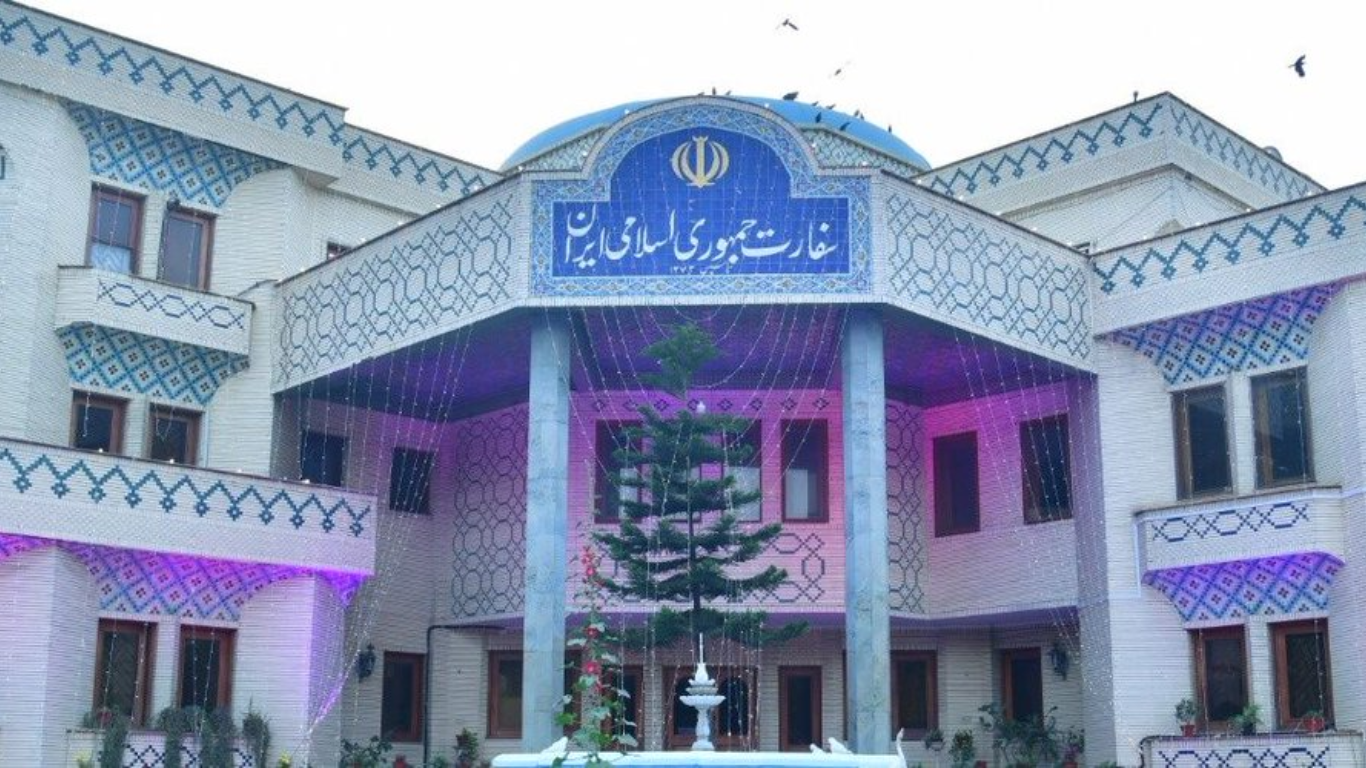









New Delhi, June 15, 2023 – The Law Commission has embarked on a significant initiative aimed at garnering opinions from public and religious bodies regarding the implementation of a Uniform Civil Code (UCC) in the nation. This move represents a crucial step towards fostering social harmony and ensuring legal consistency throughout the country. The UCC proposes a unified body of civil laws that would be applicable to all citizens, regardless of their religious preferences, thereby replacing the current system of personal laws that vary based on religion. In this article, we examine the Law Commission’s initiative and its potential impact on India’s legal system.
According to Article 44 of the Indian Constitution, “The State shall endeavor to secure for the citizens a uniform civil code throughout the territory of India.” This provision serves as a reference to the concept of a uniform civil code. The UCC seeks to establish a common set of civil laws governing private matters such as marriage, divorce, inheritance, and adoption, among others. Currently, these issues are governed by different personal laws based on religious affiliation, such as Hindu Law, Muslim Law, and Christian Law. Recognizing the significance of involving all stakeholders in the formulation of this substantial legal reform, the Law Commission has invited public and religious bodies to share their opinions on the implementation of a UCC. This inclusive strategy aims to foster a comprehensive understanding of diverse viewpoints and concerns surrounding the transition from personal laws to a unified civil code. The Commission’s decision to seek public feedback exemplifies democratic ideals and emphasizes the importance of citizen participation in shaping their legal system. This approach enables a more inclusive and representative decision-making process, facilitating consensus-building and minimizing potential opposition to the implementation of a UCC.
India’s pursuit of a uniform civil code has long been a subject of discussion and controversy. Proponents argue that a UCC would ensure justice and equality by treating all citizens equally before the law, regardless of their religious beliefs. They contend that it would advance gender equality, safeguard individual rights, and eliminate the discriminatory aspects present in some personal laws. However, concerns have also been raised about potential restrictions on religious liberty and cultural diversity. Critics argue that personal laws provide religious communities with a means to preserve their unique identities and practices. They caution that the enforcement of a uniform code might undermine the importance of cultural and religious values, potentially jeopardizing social harmony.
In this context, the Law Commission’s efforts to gather perspectives from public and religious bodies assume great significance. By actively engaging with these stakeholders, the Commission aims to strike a balance between promoting equality and accommodating cultural and religious sensitivities. It acknowledges the need for a nuanced approach that respects individual rights while fostering societal cohesion. The Law Commission’s initiative to seek the opinions of public and religious bodies on the implementation of a Uniform Civil Code is a commendable step toward creating a more inclusive and comprehensive legal framework in India. By soliciting diverse perspectives, the Commission aims to ensure that all stakeholders have a voice in shaping the future of personal laws. The discussions arising from this process will be pivotal in navigating the complexities and finding a balanced approach that upholds individual rights and promotes social harmony.
As the Law Commission progresses with this initiative, it remains dedicated to upholding democratic principles and promoting a legal system that reflects the aspirations and values of India’s diverse population. The input gathered from public and religious bodies will play a crucial role in shaping the future of India’s legal landscape, and it is anticipated that this inclusive approach will contribute to the establishment of a more equitable and harmonious society.









